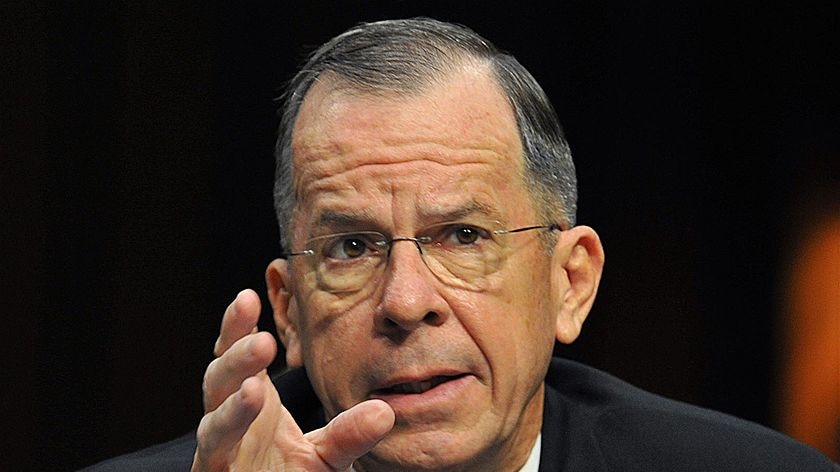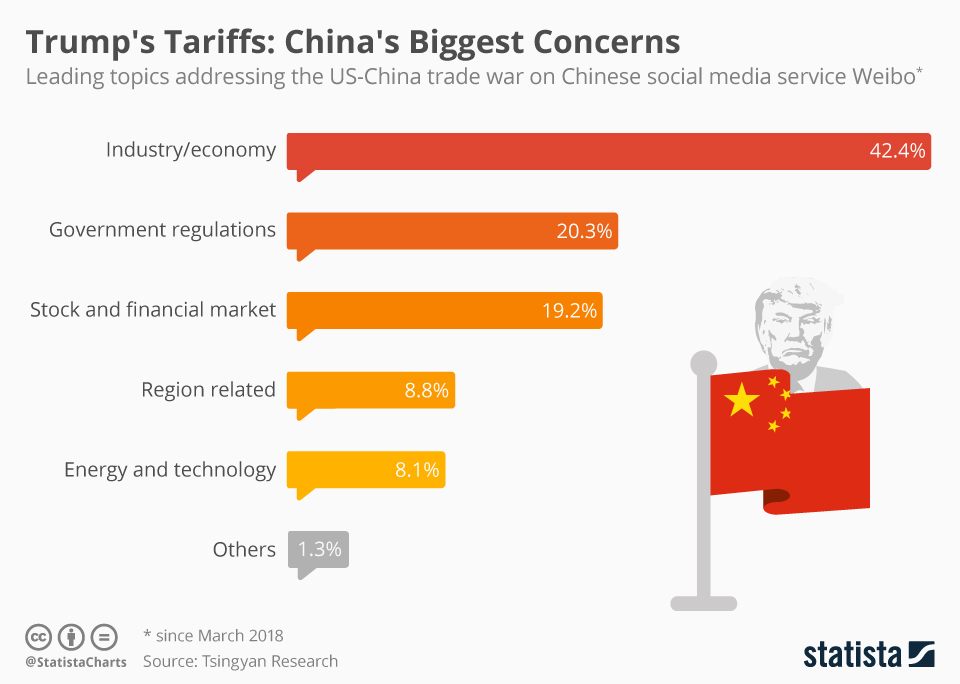Growing Distrust: Why India Distances Itself From Pakistan, Turkey, And Azerbaijan

Table of Contents
Pakistan: A Legacy of Conflict and Terrorism
The relationship between India and Pakistan has been fraught with tension for decades. India's distancing from Pakistan is primarily driven by a persistent lack of trust, fueled by several key factors:
Cross-Border Terrorism:
The persistent threat of cross-border terrorism emanating from Pakistan remains a major obstacle to improved relations. This includes:
- Increased infiltration attempts across the Line of Control (LoC) in Kashmir.
- Continued support for various militant groups targeting India, despite repeated denials from Pakistan.
- A perceived lack of decisive action by Pakistan against the terror infrastructure operating within its borders.
Specific examples, such as the 2008 Mumbai attacks and numerous other terrorist incidents, underscore Pakistan's alleged role in sponsoring cross-border terrorism, severely damaging the bilateral relationship and effectively halting any meaningful dialogue. The lack of concrete action against known terrorist groups further fuels India's distrust.
Kashmir Dispute:
The unresolved Kashmir issue remains a central point of contention, fueling animosity and hindering any meaningful reconciliation.
- India maintains its stance on Kashmir's sovereignty as an integral part of the country.
- Pakistan continues to support separatist groups in the region, further destabilizing the situation.
- Despite international pressure for a peaceful resolution, no significant progress has been made, leaving the issue deeply entrenched.
The history of the Kashmir conflict, marked by numerous wars and failed peace initiatives, highlights the intractable nature of the dispute and the deep-seated mistrust between the two nations. The lack of a lasting solution reinforces India's growing distance from Pakistan.
Military Buildup:
Pakistan's ongoing military expansion and its nuclear weapons program contribute significantly to India's security concerns.
- The ongoing arms race in South Asia fuels instability and necessitates a substantial allocation of resources by India towards defense.
- Concerns remain about the security of Pakistan's nuclear arsenal and the potential for proliferation.
- A lack of transparency regarding the extent and security measures surrounding Pakistan's nuclear capabilities further exacerbates the situation.
This military buildup not only impacts regional stability but also forces India to adopt a more cautious and distant approach towards Pakistan, given the perceived threat.
Turkey: Differing Ideologies and Regional Ambitions
India's relationship with Turkey is characterized by growing distance due to shifting geopolitical alignments and ideological differences.
Shifting Geopolitical Alignments:
Turkey's growing proximity to Pakistan and its stance on several international issues, particularly concerning Kashmir, create friction with India.
- Turkey's support for Pakistan's position on Kashmir directly contradicts India's view and undermines its efforts to resolve the dispute peacefully.
- Diverging views on regional conflicts in the Middle East and elsewhere further highlight the differences in their foreign policy approaches.
- Turkey's relationships with other countries, some of which are viewed with suspicion by India, also impact the bilateral relationship.
Turkey's foreign policy objectives often clash with India's interests, leading to a cautious approach by India.
Ideological Differences:
Differing approaches to governance and religious policies contribute to the growing distance between the two nations.
- India's secular governance model stands in contrast to Turkey's increasingly assertive religious influence.
- Human rights concerns in Turkey are another area of divergence, further straining relations.
- Contrasting views on global issues, from counter-terrorism strategies to regional alliances, further widen the gap.
These ideological discrepancies hinder mutual understanding and trust, impacting the potential for closer cooperation.
Economic Ties:
The relatively weak economic relationship between India and Turkey offers little incentive for enhanced cooperation.
- The volume of trade between the two countries remains limited.
- Major economic partnerships are lacking, despite significant untapped potential for greater collaboration in various sectors.
- The absence of robust economic ties diminishes the impetus for closer political and diplomatic engagement.
The lack of substantial economic linkages prevents the development of a strong foundation for a closer strategic partnership.
Azerbaijan: Caucasus Geopolitics and Energy Interests
India's engagement with Azerbaijan is limited, driven by regional dynamics and its energy security interests.
Regional Dynamics:
Azerbaijan's strategic location in the South Caucasus and its growing ties with Turkey indirectly impact India's regional calculations.
- Azerbaijan plays a crucial role in the South Caucasus geopolitical landscape, influencing regional stability.
- Turkey's influence on Azerbaijan further complicates the dynamics for India's engagement.
- India's interest in energy security and connectivity in the region also shapes its approach towards Azerbaijan.
Azerbaijan's position within the broader regional context affects India's foreign policy strategies.
Limited Engagement:
Historically limited engagement between India and Azerbaijan has left room for other actors to fill the void.
- The lack of significant trade and investment between the two countries demonstrates the limited nature of their relationship.
- Minimal people-to-people contact hinders the development of closer ties.
- Limited diplomatic engagement reflects a lack of strong impetus for a deeper partnership.
The absence of a robust relationship provides opportunities for other countries to increase their influence in the region.
Energy Security:
India's increasing interest in diversifying its energy sources has led to a focus on other regions.
- India's energy diversification strategy necessitates the exploration of alternative energy sources and suppliers.
- This search for alternative sources potentially reduces the immediate priority given to closer ties with Azerbaijan.
- Competition from other energy suppliers further influences India's approach to securing its energy needs.
India's pursuit of energy security shapes its relationships, sometimes at the expense of closer engagement with specific countries like Azerbaijan.
Conclusion:
India's distancing from Pakistan, Turkey, and Azerbaijan reflects a complex interplay of historical grievances, geopolitical realities, and evolving national interests. While historical tensions with Pakistan remain a major obstacle, diverging ideologies and regional ambitions have contributed to a growing distance from Turkey. In the case of Azerbaijan, a lack of robust engagement, coupled with India's pursuit of broader energy security, has limited the scope of the relationship. Understanding these factors is crucial to comprehending the shifting dynamics of South Asian and Eurasian geopolitics. Further research into India's evolving foreign policy strategy and its implications for regional stability is essential to navigate the complexities of India's distancing from Pakistan, Turkey, and Azerbaijan. A deeper understanding of these intricate relationships is key to predicting future geopolitical shifts in the region.

Featured Posts
-
 Taylor Swift Officially Teases Reputation Taylors Version Details Inside
May 18, 2025
Taylor Swift Officially Teases Reputation Taylors Version Details Inside
May 18, 2025 -
 The Future Of Us China Trade 30 Tariffs And Beyond
May 18, 2025
The Future Of Us China Trade 30 Tariffs And Beyond
May 18, 2025 -
 Is Your Home Renovation A Disaster Help From A House Therapist
May 18, 2025
Is Your Home Renovation A Disaster Help From A House Therapist
May 18, 2025 -
 Een Op De Zes Blijft Vuurwerk Kopen Ondanks Dreigend Verbod
May 18, 2025
Een Op De Zes Blijft Vuurwerk Kopen Ondanks Dreigend Verbod
May 18, 2025 -
 10 Rokiv Rekordiv Teylor Svift Ta Yiyi Fenomenalniy Prodazh Vinilu
May 18, 2025
10 Rokiv Rekordiv Teylor Svift Ta Yiyi Fenomenalniy Prodazh Vinilu
May 18, 2025
Latest Posts
-
 Economic Uncertainty In Southwest Washington The Implications Of New Tariffs
May 18, 2025
Economic Uncertainty In Southwest Washington The Implications Of New Tariffs
May 18, 2025 -
 Amanda Bynes Only Fans A Deep Dive
May 18, 2025
Amanda Bynes Only Fans A Deep Dive
May 18, 2025 -
 Bbc Three Hd Tv Guide When And Where To Watch Easy A
May 18, 2025
Bbc Three Hd Tv Guide When And Where To Watch Easy A
May 18, 2025 -
 Southwest Washington And The Looming Tariff Threat A Changing Economic Landscape
May 18, 2025
Southwest Washington And The Looming Tariff Threat A Changing Economic Landscape
May 18, 2025 -
 Is Only Fans The Future For Celebrities Amanda Bynes Move
May 18, 2025
Is Only Fans The Future For Celebrities Amanda Bynes Move
May 18, 2025
